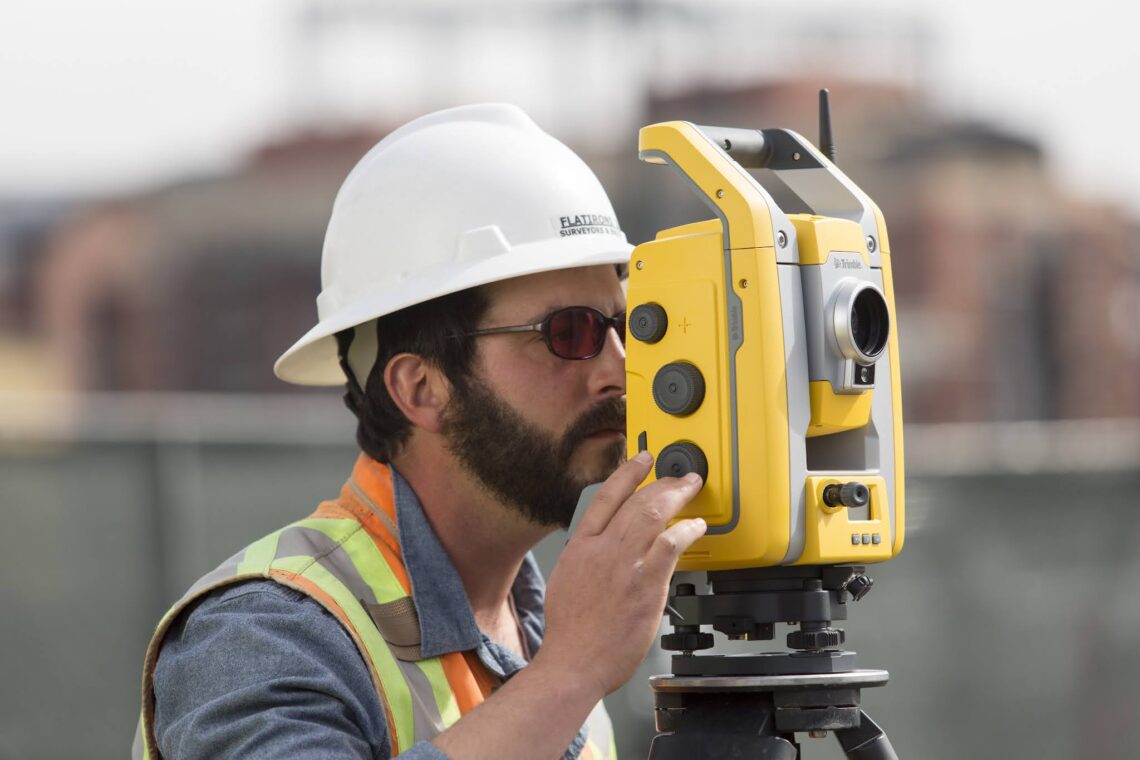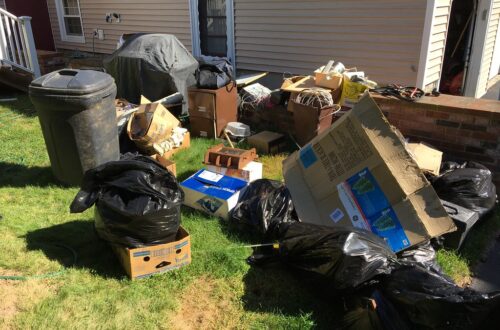Clearwater’s unique geographic characteristics and urban development present land surveyors with a set of challenges that demand expertise, adaptability, and innovative solutions. Clear water Engineering, as a leader in the field, has navigated these challenges to deliver precise and effective land surveying solutions. Here are some of the key challenges faced by land surveyors in Clearwater:
- Coastal Erosion and Dynamic Shorelines:
Challenge: Clearwater’s coastal areas are susceptible to erosion and dynamic changes in shorelines, impacting property boundaries and land use planning.
Engineering Response: clearwater engineering employs regular coastal surveys using advanced technologies like LiDAR and aerial surveys to monitor changes. This allows for proactive planning and adaptation to the dynamic coastal environment.
- Wetland Preservation and Environmental Regulations:
Challenge: The presence of wetlands and stringent environmental regulations necessitate careful consideration and adherence during surveying activities.
Engineering Response: Clearwater Engineering integrates ecological surveying methods, ensuring compliance with environmental regulations. This involves utilizing technology to survey without disturbing sensitive ecosystems.
- Urban Infrastructure Complexity:
Challenge: Clearwater’s urban landscape is characterized by complex infrastructure, underground utilities, and densely developed areas, posing challenges for property boundary determination.
Engineering Response: Ground-penetrating radar (GPR) and advanced geospatial technologies are employed to map subsurface features, ensuring accurate surveys without disrupting existing infrastructure.

- Varied Topography:
Challenge: Clearwater features diverse topography, including coastal plains and elevated terrains, demanding adaptive surveying strategies.
Engineering Response: Technologies such as LiDAR and drone surveys are utilized to map varied terrains with high precision. This ensures accurate topographic mapping essential for various projects.
- Urban Expansion and Redevelopment:
Challenge: Clearwater’s evolving urban landscape requires frequent surveys for expansion and redevelopment projects, demanding efficient data collection methods.
Engineering Response: Clearwater Engineering employs advanced surveying technologies and streamlined project management to efficiently gather data for urban expansion projects, facilitating informed decision-making.
- Subsidence and Land Subsidence:
Challenge: Subsidence, both natural and human-induced, can impact land elevation and property boundaries.
Engineering Response: Clearwater Engineering conducts regular surveys to monitor land elevation changes and employs geodetic methods to account for subsidence, ensuring accurate and up-to-date land data.
- Climate-Related Challenges:
Challenge: Extreme weather events, such as hurricanes and storms, can disrupt surveying activities and impact the accuracy of collected data.
Engineering Response: Clearwater Engineering adopts flexible scheduling and utilizes weather-resistant surveying equipment to mitigate the impact of climate-related challenges. Post-event surveys are conducted to assess changes in the landscape.
Conclusion:
Clearwater Engineering’s adept response to these challenges underscores the firm’s commitment to precision amidst the diverse landscape of Clearwater. By leveraging advanced technologies, adhering to environmental regulations, and staying ahead of urban development trends, Clearwater Engineering continues to set a benchmark for effective and adaptive land surveying in the region. Their ability to navigate challenges ensures that surveys are not just accurate but also contribute to the sustainable and resilient growth of Clearwater.






